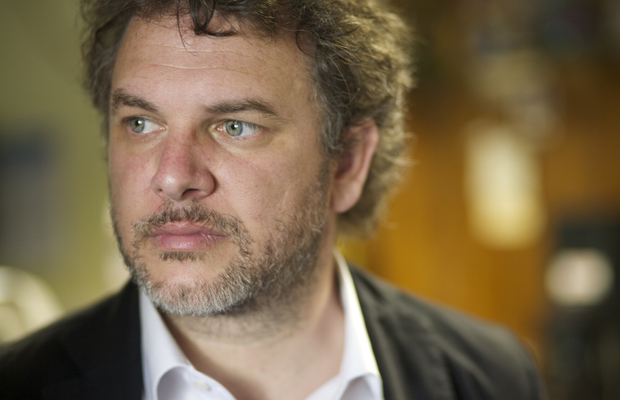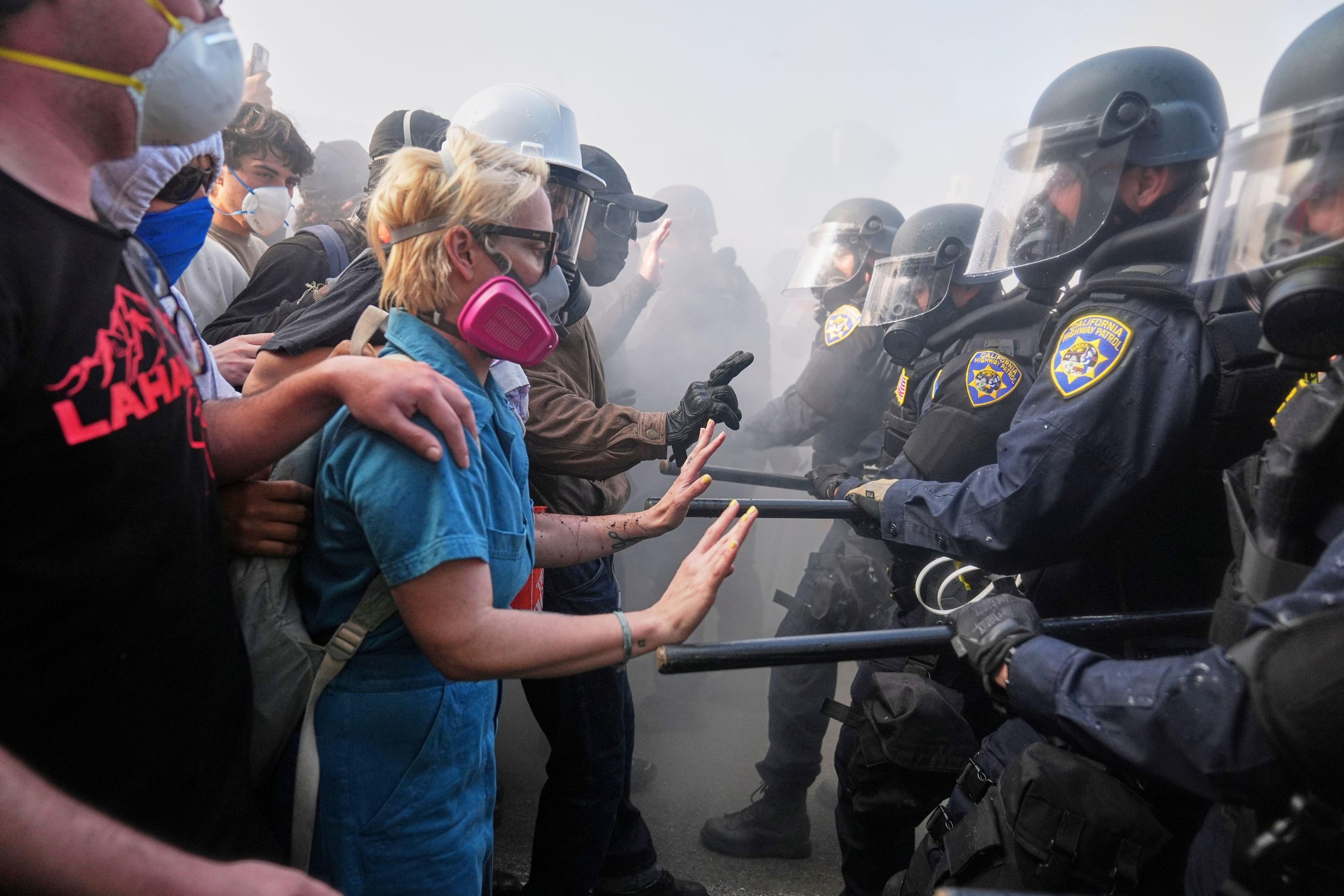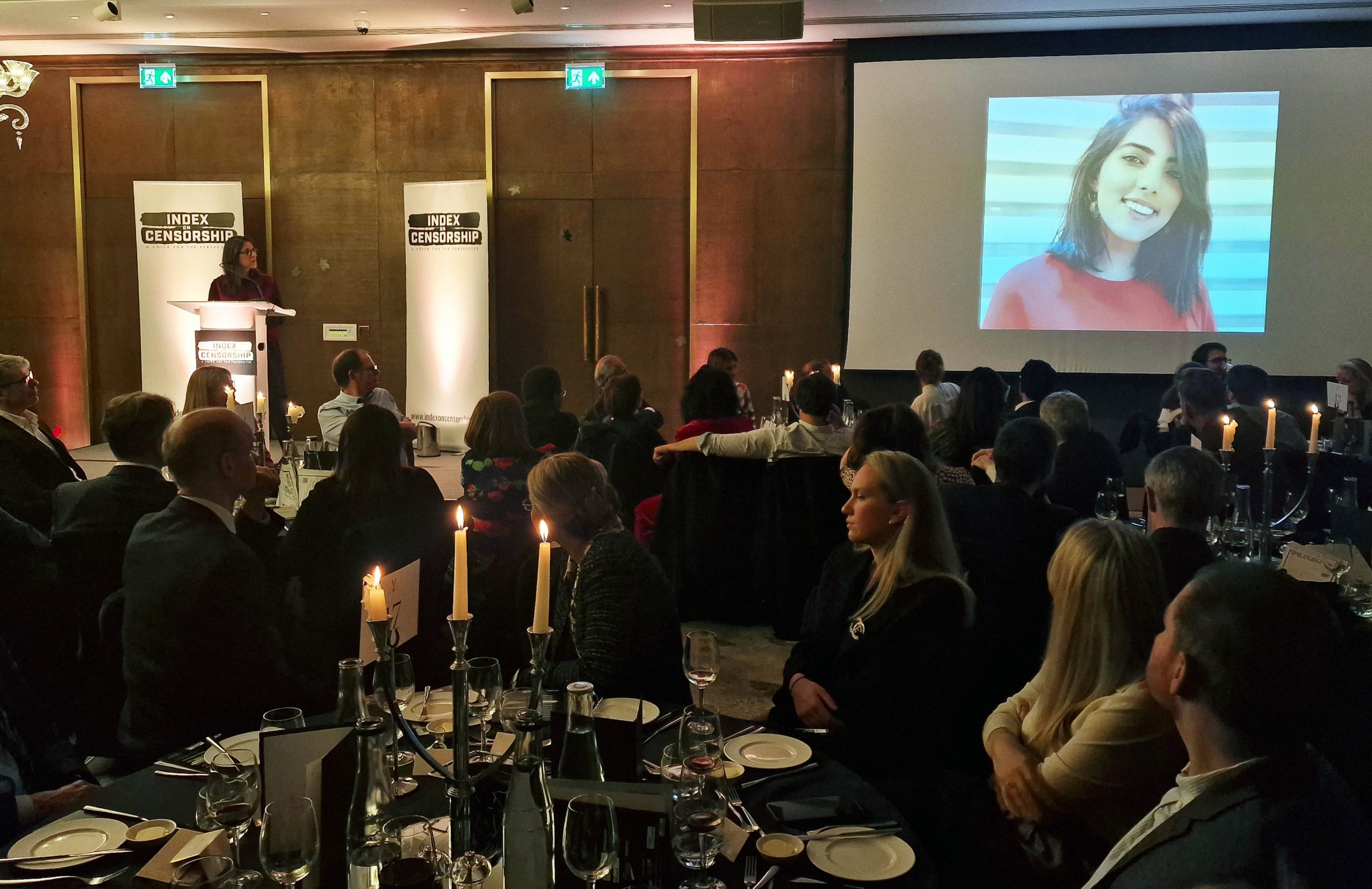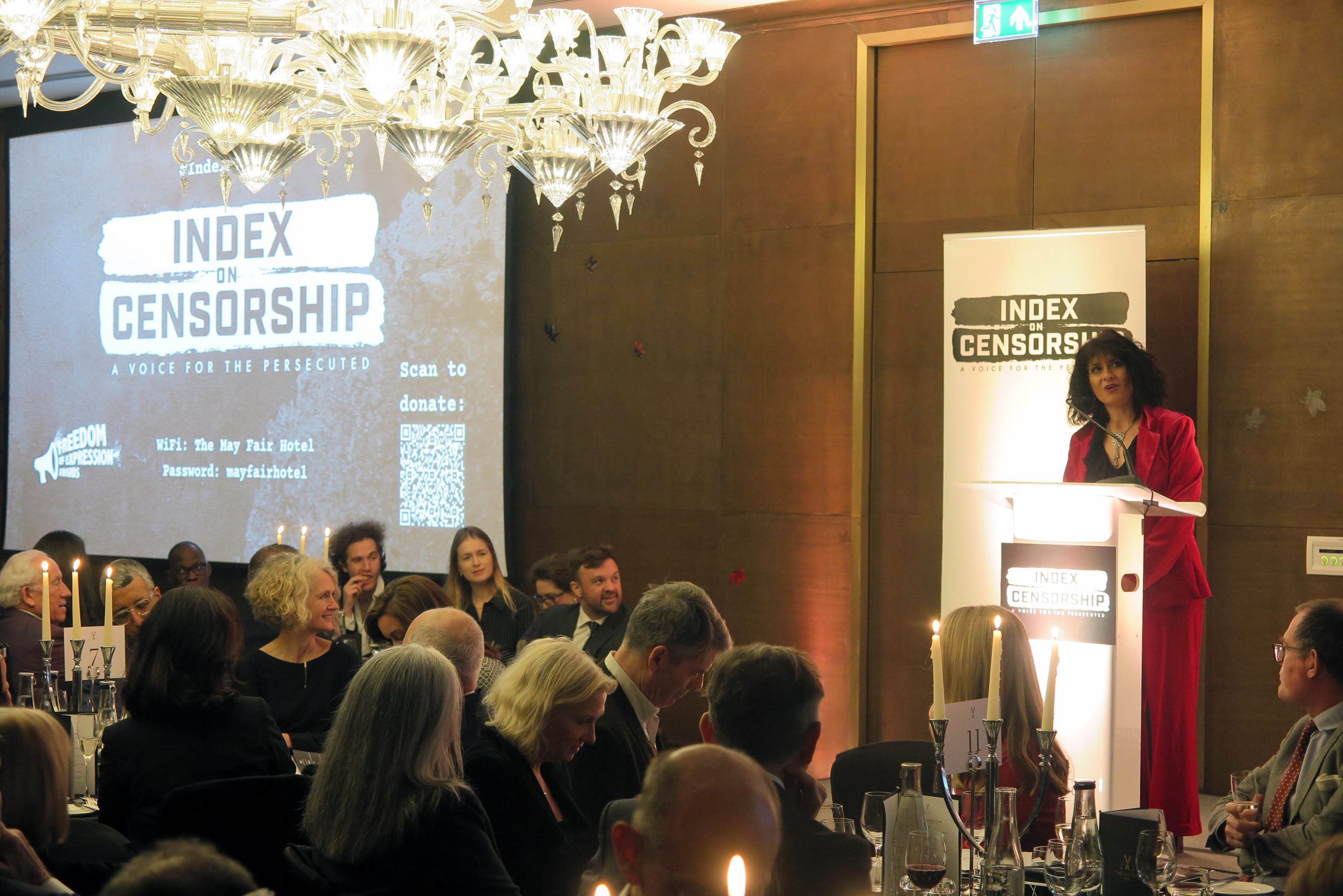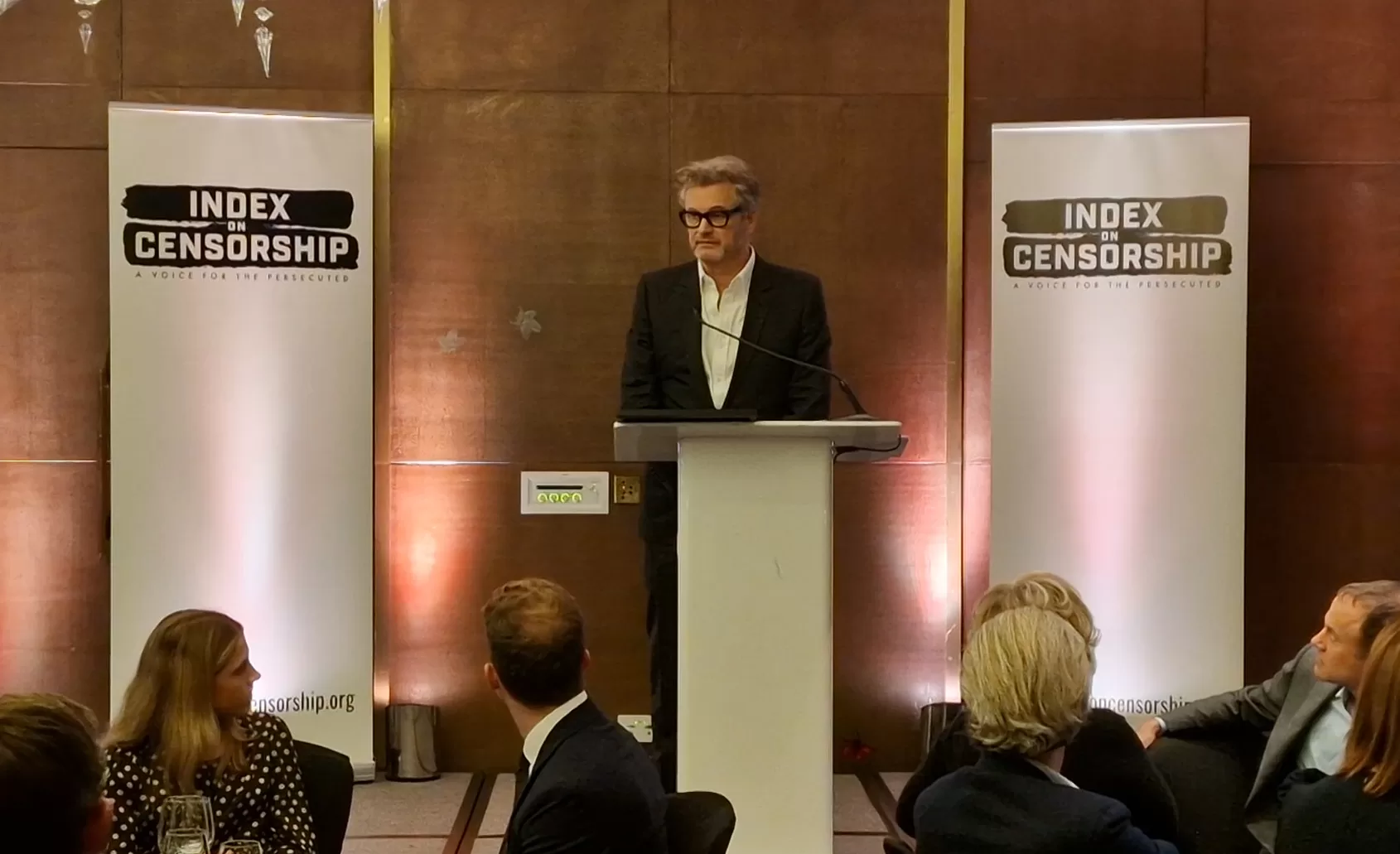Lirio Abbate is an investigative journalist working for the weekly news magazine L’Espresso. Abbate specialises in investigating the criminal activity and political connections of Italian mafia groups, from whom he is routinely subjected to violent threats.
“In Italy a synonym of censorship is ‘threat’: the concrete threats and intimidation that criminals use to discourage journalists from telling the truth about underworld activities. Unfortunately there are journalists who yield to the mafia. But there are reporters who do their jobs well and are threatened. I fight against the mafia through my articles and my books,” he told Index via email.
He is in his eighth year of living under 24-hour protection by armed police and travelling in an armoured car. Police took this step in 2007 after intercepting phone calls discussing plans to kill the journalist – soon after, his police escort caught men placing a bomb under his car.
“The mafia in Sicily, where I began my career, is strong and in the last 30 years politicians, priests, labour leaders, judges, policemen and journalists have been killed,” Abbate said. “The attacks against my life failed thanks to the Palermo police who told me it was necessary for me to leave my home because of the constant danger.”
The attempted murder was retaliation for Abbate’s co-authored book, I Complici (The Accomplices), one of four Abbate has written about mafia groups since 1993. The most recent, Fimmine Ribelli or Rebel Women (2013), illustrates the severe plight of women living under the sway of the ’Ndrangheta, the Calabrian mafia.
Through his investigative work, Abbate has helped expose complicit public figures who turn a blind eye to the mafia’s activities. His 2012 article The Four Kings of Rome brought public attention to drug- and people-trafficking carried out by Rome’s mafia groups – and also gained Abbate the attention of the mafia bosses. One of Rome’s “kings”, Massimo Carminati, was heard on a wiretap saying “We must put a stop to that reporter from L’Espresso”.
“In a few days my new book will be published. In it, I’m reporting about the inquiry known as ‘mafia capitale’ that judges have conducted in Rome. It’s the story about the worrying collusion between criminals and Rome’s city administrators. It’s a mafia system that is very well rooted and organised, and able to deal with and take possession of commercial and entrepreneurial activities at every level, using violence and corruption as its main weapons,” Abbate wrote to Index.
In addition to his journalistic work, Abbate is a leading member of a press freedom NGO called Ossigeno per l’informazione or Oxygen via information. He has also founded an anti-mafia literary festival called Trame, which takes place annually in the heart of Calabrian mafia territory.
Abbate’s extensive work linking Rome’s mafia groups and neofascist organisations put him back on the radar of Italy’s mafia networks in 2014. In September, a suspiciously parked car outside his office was searched and found to contain a high-caliber bullet, with a note saying “This is for Abbate”.
Then, one evening in November, Abbate found himself followed while being driven home from work by his police escort. The tailgating car was so close that when Abbate’s car stopped, the driver behind rammed into him, then sped off in the opposite direction.
In 2014 Abbate was named an information hero by Reporters Without Borders, and was also given the Giuseppe Fava award for his work on organised crime.
“Freedom of expression is the key principle of my work,” Abbate wrote. “It’s an honour to be nominated and it’s proof that we’re on the right track, that reporting is necessary to free ourselves from criminal systems that slacken and undermine our society.”
This article was posted on 18 February 2015 at indexoncensorship.org

